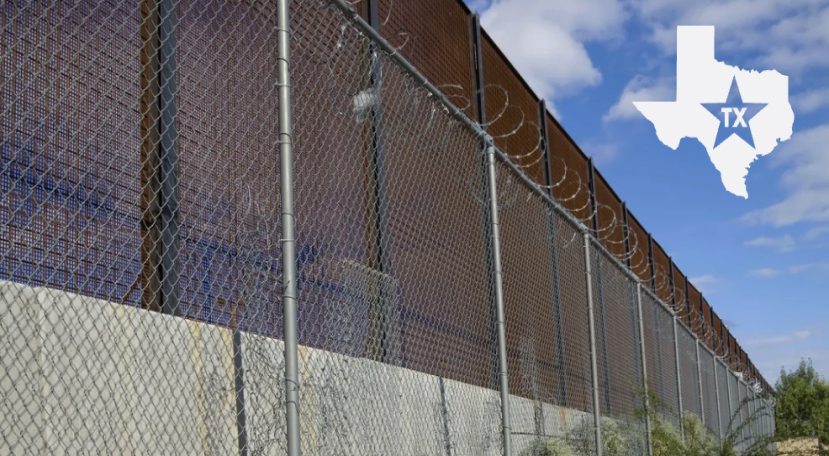The Archdiocese of San Francisco has made a significant and controversial decision to file for Chapter 11 bankruptcy as it confronts an onslaught of more than 500 lawsuits alleging child sexual abuse by clergy members. The move has ignited a debate about financial responsibility, justice for survivors, and the broader issue of how institutions handle historical cases of abuse. This move comes in the wake of heightened scrutiny on the Catholic Church’s handling of such allegations and a global call for accountability.
Key Points:
- Archdiocese of San Francisco, facing an overwhelming wave of over 500 lawsuits.
- Pope Francis himself has acknowledged the gravity of the issue, declaring “zero tolerance”.
- Bankruptcy Filing Amidst Growing Allegations
- The surge in allegations is due in part to a California law that temporarily suspended the statute of limitations for sexual abuse claims between January 2020 and December 2022
- Effectively the window allowed victims until the age of 40 or up to five years from the discovery of their abuse to file civil case
- Archdiocese claims that the bankruptcy filing is the best way to ensure fair compensation for survivors
The Archdiocese of San Francisco, facing an overwhelming wave of over 500 lawsuits accusing its clergy of child sexual abuse, has filed for Chapter 11 bankruptcy. Archbishop Salvatore Cordileone stated that the archdiocese lacks both the financial capacity and practical ability to handle each abuse claim individually. Consequently, the decision was made to utilize the bankruptcy process to provide equitable compensation to the survivors of abuse.
While the archdiocese asserts that the bankruptcy filing is the best way to ensure fair compensation for survivors, critics, including the Survivors Network of Abuse by Priests (SNAP), are skeptical of its financial reasoning. SNAP expresses doubt about the archdiocese’s claim of financial incapability, suggesting that the move may be an attempt to avoid full accountability. This raises questions about the true extent of the organization’s financial stability and whether the survivors’ interests are genuinely being prioritized.
The surge in allegations is due in part to a California law that temporarily suspended the statute of limitations for sexual abuse claims between January 2020 and December 2022. This three-year window allowed victims until the age of 40 or up to five years from the discovery of their abuse to file civil actions. Most claims involve historical cases of abuse, often dating back three decades or more, and involve priests who are either no longer active or deceased. The broader implications of this situation underscore the pressing need for institutions to address their past mishandling of abuse allegations.
The bankruptcy filing by the Archdiocese of San Francisco is emblematic of a global crisis within the Catholic Church. This crisis has been fueled by multiple reports of sexual abuse, systemic failures, and efforts to cover up abuse cases across various countries. Pope Francis himself has acknowledged the gravity of the issue, declaring “zero tolerance” for abuse within the Church and asserting that abusive priests cannot remain in their roles.
While the bankruptcy process offers a platform for evaluating each claim and ensuring transparency, it is also raising questions about its underlying motivations. Critics argue that the survivors’ interests should be the foremost concern and that the archdiocese’s financial situation must be thoroughly examined to ascertain whether the filing genuinely serves the cause of justice.
As the Archdiocese of San Francisco grapples with the legal and moral complexities of its bankruptcy filing, it stands at a crossroads where historical wrongs, financial accountability, and survivors’ rights converge. The resolution of this case will likely shape discussions on how institutions, particularly those with a profound influence like the Catholic Church, navigate the challenges of confronting past abuses while striving for a just and equitable future.





